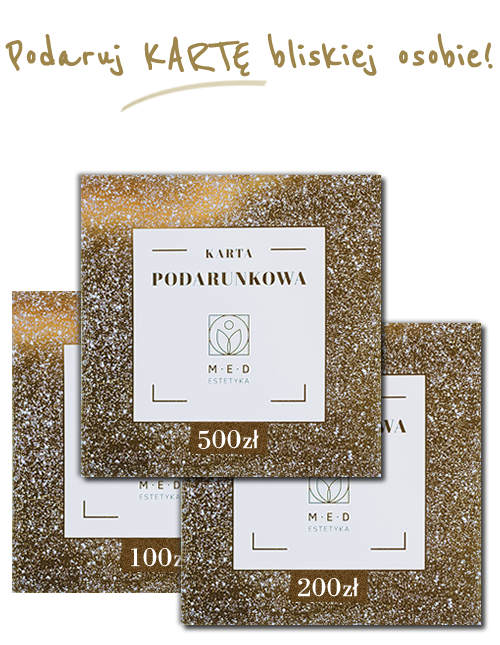Liver tests
Study price: 48.00 PLN
Waiting time for the result: result no later than the next working day
Booking:
- Check, the hours of operation of the collection center and where booking an appointment is required.
Buy with eReservation "Buy without logging in "Check Download Points "
Preparation for the study
General
- The test material is blood.
- Approximately 30 minutes before the test, it is recommended to consume water.
- The patient must be fasting, at least 12 hours after eating the last meal, unless otherwise instructed by the doctor (e.g., performing the test after a meal)
- Only water can be drunk before the test.
- Do not drink coffee, flavored water, cola light/ cola "zero" drinks, energy drinks, juices.
- Do not eat meals, snacks, fruits, vegetables, breath freshening candies, chew gum, smoke cigarettes.
Detailed for infants
- For children under 3 years of age, it is recommended to draw blood from half to one hour after feeding.
Detailed for children
- For children under 3 years of age, it is recommended to draw blood from half to one hour after feeding.
Description
Due to the ability of proteins to bind water, discrepancies in the amount of protein may be due to altered hydration (in which case the hematocrit is altered).
Importance of the test: information about the total amount of protein in the body, indicates kidney damage (proteinuria).
Total bilirubin-
abnormal values: liver disease, extreme malnutrition, kidney disease.
It is formed during the breakdown of hemoglobin (from red blood cells). Outside the liver, it is transported by albumin (unbound bilirubin). Along with bile, it is excreted from the liver into the intestines (bound bilirubin); it gives color to the stool. When it is not excreted into the intestines, it enters the blood in increased amounts and imparts a yellow color to the whites of the eyes and skin (jaundice). Newborns always develop a slight degree of jaundice in the first few days of life.
Importance of the test: confirmation of the diagnosis of jaundice and control of its severity, in newborns with prolonged and intense jaundice.
Abnormal values: accelerated or increased destruction of red blood cells, diseases of the liver parenchyma (tumors, inflammation, cirrhosis, congestion, poisoning), bile stasis, e.g. due to choledocholithiasis, cholangitis.
AST- contained in liver cells, muscle cells (skeletal, cardiac), kidney cells.
Significance of the test: indicates damage to liver cells, muscle cells, heart muscle.
ALT- is determined when liver diseases are suspected, along with >CPK and >LDH in suspected myocardial infarction.
Abnormal values: liver, muscle, kidney diseases, myocardial infarction, damage to larger muscle mass.
Present mainly in liver cells, but also in muscle cells, including heart muscle.
When cells are damaged, it is released in increased amounts into the blood.
Significance of the test: Determined in suspected liver diseases; and in our conditions also alongside other indicator enzymes>CPK,
>LDH in suspected myocardial infarction.
Abnormal values: in liver parenchymal diseases, in myocardial infarction.
Ordering the test implies consent to perform it using the spectrophotometric method.
Development and preparation of material (applies to contractors only)
116
Liver tests (protein,bilirubin,AST,ALT),transaminases,ALAT,ASAT,ASPAT,Bc


